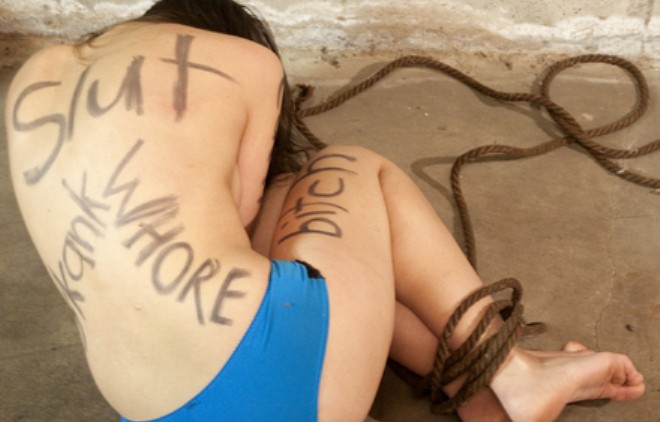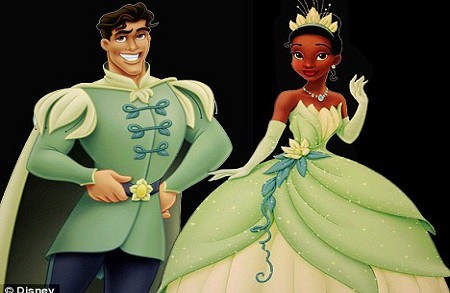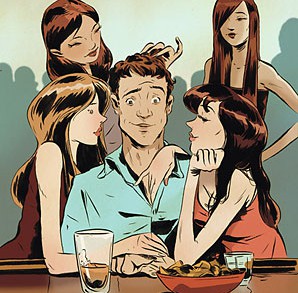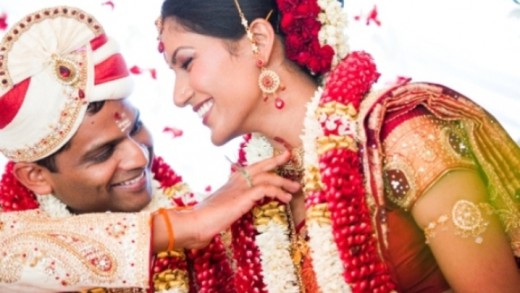”His lips crushed mine, stopping my protest. He kissed me angrily, roughly, his other hand gripping tight around the back of my neck, making escape impossible. I shoved against his chest with all my strength, but he didn’t even seem to notice. His mouth was soft, despite the anger, his lips molding to mine in a warm, unfamiliar way.
I grabbed at his face, trying to push it away, failing again. He seemed to notice this time, though, and it aggravated him. His lips forced mine open, and I could feel his hot breath in my mouth.
Acting on instinct, I let my hands drop to my side, and shut down. I opened my eyes and didn’t fight, didn’t feel… just waited for him to stop.”
– Twilight: Eclipse p. 331 (Bella and Jacob’s first kiss)
During the Slut Walk protests in Toronto last summer, I had a conversation with my parents about why I was taking part. Having had a few friends experience rape, I felt that it was my duty as a woman to not only to show my support, but to also act in solidarity with all women to demonstrate that rape is not the fault of the victim.
I informed them of the police officer’s comment that had provoked such an outrage, thereby leading to the inception of Slut Walk. My mother proclaimed, “What the police officer said was right. If women dress like prostitutes, then it’s their fault for getting raped.” Before I could let the rage boiling within me express itself, my father retorted, “What about women who wear sarees or the children who are raped on a daily basis? Are you saying they dress and act like prostitutes?” His response made me realize why my dad is awesome.
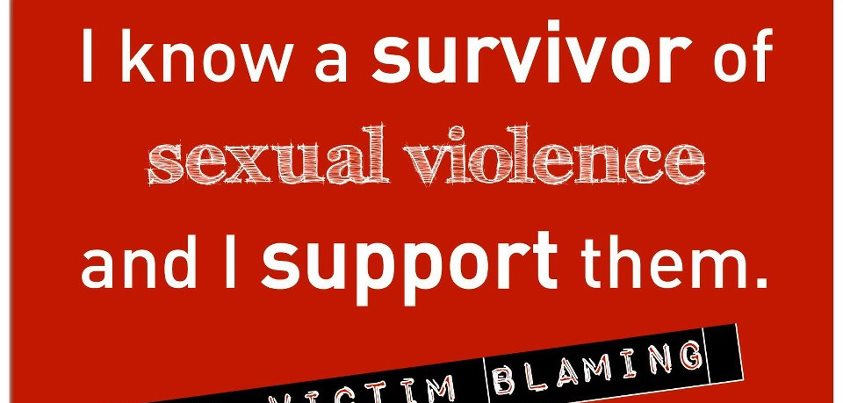
Unfortunately, not everyone in the Tamil community shares my father’s mindset. Since that conversation, I have had many arguments with my mom and my aunts to help them understand the plight of women who have experienced rape. Not only must these women overcome the trauma of rape, but that trauma is reinforced daily when she is judged and stigmatized.
If a woman is independent, liberal-minded and does not adhere to the traditional norms, she is seen as someone who “asked for it”. And given that sex is such a taboo subject with a woman’s chastity placed in such high esteem in our community, rape is undoubtedly perceived as the woman’s fault due to her failure to protect her chastity.
A few weeks ago, a close Tamil friend of mine was date raped. I watched her try to justify that night so she could make herself believe that it was her fault. Never mind that she had said “no” repeatedly, and then went silent out of fear. What had kept her silent through the ordeal was not simply fear, but also the ingrained belief that if she was to defend herself, she would later be shamed and ostracized by her family. After all, going on a date was a non-Tamil thing to do.
Her sense of shame and self-blame prompted me to write about the sense of victimization many South Asian woman go through. To call someone a “slut”, “whore” or “cunt” when they go against traditional norms not only reinforces the oppression of women, it also perpetuates the belief that rape happens because of the impropriety of a woman. And given the bitter criticism “modern” women are condemned to in the Tamil community, I can fully understand why she felt the way she did.
“He took me aside and said ‘You know, in that rape case it was the woman’s fault because of the way she was behaving on the bus,’” said Mr. Sudheer, recalling the conversation at the small gathering at Jantar Mantar, a popular protest ground in New Delhi. –March 16, 2013 “Delhi Men Say Sorry”
Statements like this reinforce the self-loathing felt by many women who experience rape. It doesn’t matter that we live in a rape culture where sexual violence and rape is seen as the norm, and as such the collective attitude is one in which rape is trivialized and even condoned. And even when “no means no”, there is still that belief that no can just mean playing hard to get.
For my friend who was raped a few weeks ago – and for the many more like her whose voices are silenced by this “purity culture” – I am sorry. I am sorry that you do not feel safe enough to tell your story. I am sorry that not only were you silenced by your rapist, but that you will continue to live in silence.
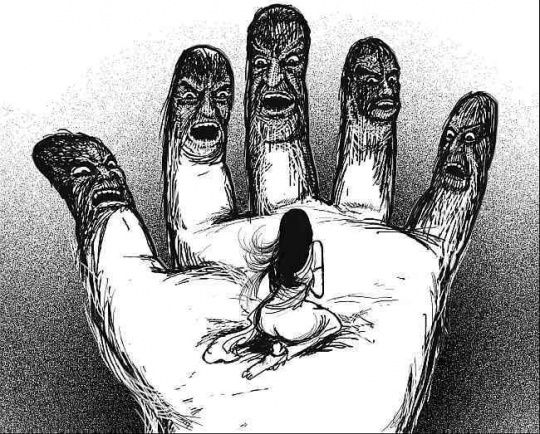
I am sorry for those in our community who are ready to attack, blame and victimize you all over again. I am sorry that even if you chose to open up to someone, what you will most likely hear is “you shouldn’t have” not “it’s not your fault.” I am sorry that Tamil daughters are constantly told to be a proper and respectable Tamil girl, but seldom do we hear our parents teaching their sons to treat women with respect.
For although on the surface we hear that rape is not your fault, the hypocrisy of the actions and words of our community will underline the judgement and condemnation that you will face, even from your very own family and friends.
Yet we are a culture that is evolving. And maybe at some point we will finally be able to say – with conviction – that it wasn’t your fault.

 Tasha Nathan
Tasha Nathan